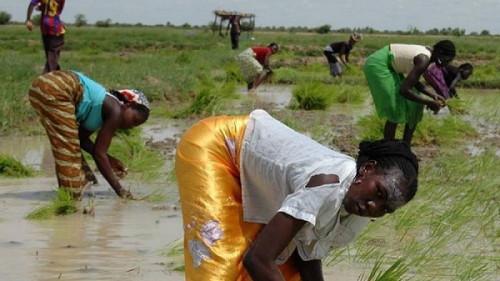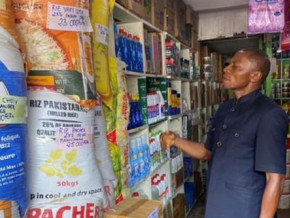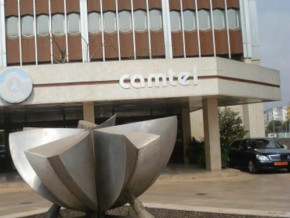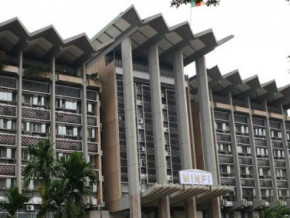
Yaoundé - 24 April 2024 -
Agro-industry
Semry produced 8,000 tons more rice than expected in 2018, despite financial strains

(Business in Cameroon) - Cameroon’s rice development firm in the northern region (Semry) ended 2018 with a paddy rice production of 80,000 tons, up 8,000 tons from the 72,000 tons forecasted earlier in the year. Figures were disclosed May 4 in Ngaoundere during the official launching ceremony of the 2019 agriculture campaign in the northern regions.
Company managers said this increase is welcome, in a difficult context marked by financial pressures. Indeed, Semry owes employees between five and six months’ salary arrears; a situation due to delay in government subsidy granted to the company.
BRM
Mags frontpage
- Most read 7 days
- shared 1 month
- read 1 month
next
prev






























